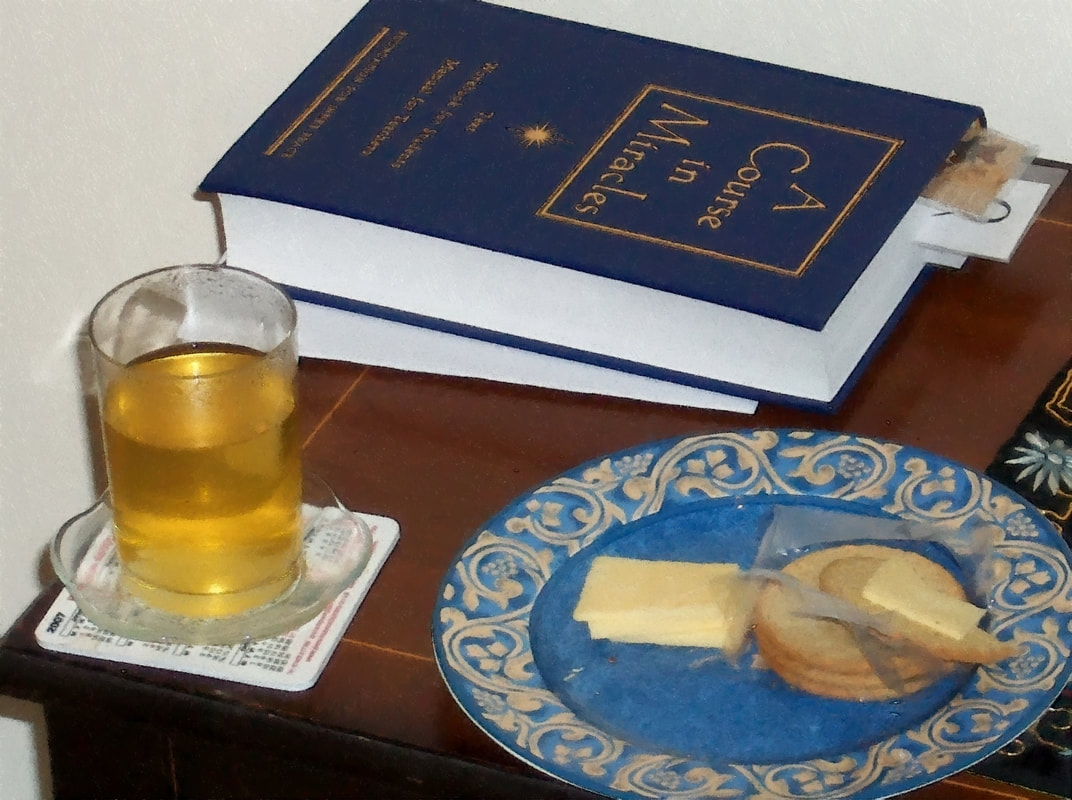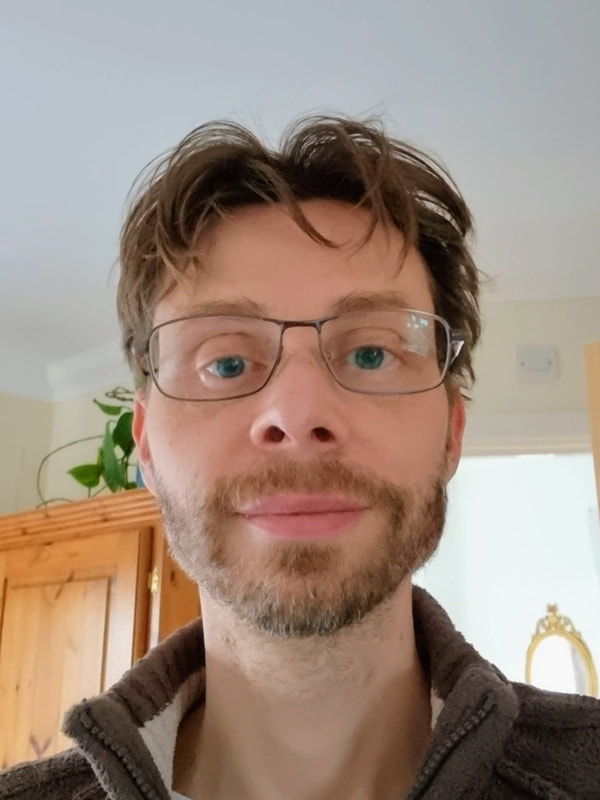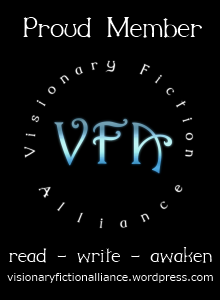|
A good friend who knows that I’m studying A Course in Miracles (ACIM) asked me whether I disagree with any of its teaching. Put another way, do I believe that everything ACIM teaches is true? I start from the position that the highest truth is Love. True Love expresses itself as kindness, compassion and forgiveness (non-judgement). It lays down no conditions. It is experienced by the giver as Joy and a sense of Peace. It is a well that never runs dry. “The Course does not aim at teaching the meaning of love, for that is beyond what can be taught. It does aim, however, at removing the blocks to the awareness of love’s presence, which is your natural inheritance.” (From the Introduction to the Text of ACIM.) Since A Course in Miracles is all about what Marianne Williamson has called “a return to Love”, I find it a powerful signpost to Truth. If I’m visiting China, I may see a signpost by the side of the road. But that sign will only be helpful to the extent that I understand what is written on it - if I don’t know the Chinese language, I’ll be at a loss. So it is with ACIM (or other spiritual teachings). I need to understand not only the language, but also the Spirit in which it was written. Otherwise I’ll misinterpret it, and apply it in an unhelpful way. To illustrate this, I’ll focus on Workbook Lesson 136 - perhaps one of the ‘hardest’ lessons in ACIM. When I approach it from an intellectual standpoint, I find it problematic. The idea for this lesson is that sickness is a defence against the truth: “Sickness is a decision. It is not a thing that happens to you, quite unsought, which makes you weak and brings you suffering. It is a choice you make, a plan you lay, when for an instant truth arises in your own deluded mind, and all your world appears to totter and prepare to fall. Now are you sick, that truth may go away and threaten your establishments no more”. This appears to be saying that we are so afraid of our Oneness with God - full acceptance of which means surrendering our separate identity - that to reinforce our separateness a part of our mind engenders illness and pain. We do this subconsciously. We do it even to the point of physical death, which ‘proves’ we were right (in our belief in separation) and God/Love was wrong. Immediately I object. What about babies with life-threatening illnesses? Or, for that matter, kind and spiritually-aware people who get ill? To say that, on some level, they chose disease sounds uncaring, nonsensical or even abhorrent. Later in the same lesson, we are given an explanation: “You can but choose to think you die, or suffer sickness or distort the truth in any way. What is created is apart from all of this. Defences are plans to defeat what cannot be attacked. What is unalterable cannot change.” (My emphasis.) In other words, our body gets sick and dies but Spirit - the truth of what we are - is unharmed. God thought us into being and we remain in God’s Mind. As God is eternal, so are we. When I reflect on ACIM teachings, I can listen to one of two inner voices. If I listen to the part of me that delights in separation, I react against the teaching - or I may accept it on a superficial level, but don’t let it touch me in a way that would affect how I am in the world. If I allow Spirit to interpret the words, then perhaps I may see them in a different light - and what was problematic begins to make sense. It is my continuing identification with the body (mine or another’s) and my belief that it is real which makes the Course’s teaching so hard. My true Inner Guide (as well as experienced teachers such as Ken Wapnick and Robert Perry, to name but two) can help me understand what ACIM is saying. It can also guide me when to share a particular teaching with another person - and when it would be kinder not to use words. Sickness may be “a defence against the truth” - but it is part of our experience in this world. Those who suffer need compassion, not doctrine - however well-intentioned. In any case, purest truth is not found in words, but in kindness. The ultimate test of truth is love. That is because Truth is Love. Let me, then, show compassion for those experiencing physical or emotional pain. Let me acknowledge that these are part of the human/physical condition. But let me also hold in my mind an awareness of Spirit; of the Divine Essence in all of us which is beyond pain and death. I need not “answer that of God” in others by using words. Instead, let me trust that my unspoken faith in their Wholeness will, on some level, reach their soul.
0 Comments
The ship of Theseus is said to have been moored in the harbour at Athens for a thousand years. Over time, its wooden parts wore out (you couldn’t buy Ronseal in ancient Greece). One by one, the parts were replaced with identical-looking ones. Eventually, no part of the original ship remained. The question is, was it still the ship of Theseus? What if, theoretically, a family had collected the original parts as they were removed and, over the years, used them to reconstruct a whole ship? Would that be the genuine ship of Theseus? For a humorous take on this conundrum, have a look at this Only Fools and Horses clip: Trigger’s broom. What is identity? Is it defined by physical factors, which change over time? Or is it more to do with an ‘essential’, or non-material, quality which persists? The question can be asked in relation to human beings too. If I shave my beard and then it regrows, I’m still me. If I had a kidney transplant, most people would say that I’d continue to be ‘me’. So what is it that makes me who I am? The ship of Theseus conundrum assumes the ship exists as a physical object. But what if the ship was merely a thought that someone had made up? The ship as it was when it first sailed, the 1000-year-old ship with all its panels replaced, and the ship reconstructed from the original’s retired parts would all be simply thoughts. In other words, the problem would be only in the mind. A Course in Miracles says in its introduction "Nothing real can be threatened. Nothing unreal exists. Therein lies the peace of God". (These are the words that Arkadiusz Kogut has displayed on the wall of his study in my novel Escape to Redemption.) Theseus’ ship could be 'threatened' – so it fails the ACIM test for being 'real'. The same goes for Theseus himself. Or Brexit, or the endangered giant pandas, or pretty much any material thing. What if all the things we perceive are images made by our mind? And what if, ultimately, there is only one Mind in which those thoughts have their being? In this world, there will always be problems - whether personal or global challenges or philosophical conundrums which the rational mind may never be able to solve. But perhaps there is only one 'problem' that needs to be answered: "Who am I?" If I identify with my physical body, my personality or my story, then I'm saying I’m a separate self. I'm affirming the reality of separation, and in doing so I'm denying Oneness. Whenever I experience any lack of peace, it’s because in that moment I’m believing in my separateness from God, from my neighbours and my environment. I feel I can be ‘threatened’. We might call this a state of exile from Love. For that one problem there is but one solution: opening to the awareness of the One Reality which cannot be threatened and accepting It as the truth of Who we are. Now, where can I buy a new handle for my broom? |
AuthorPeter Parr: Quaker, writer and former member of the British minigolf team. (Actually those are all just roles I play. Words can't describe who any of us really are.)
|



 RSS Feed
RSS Feed


